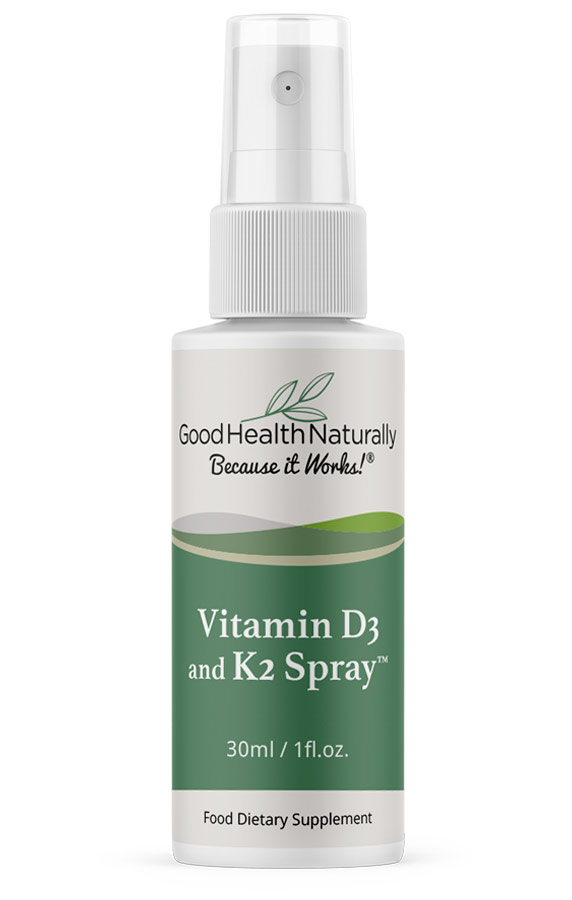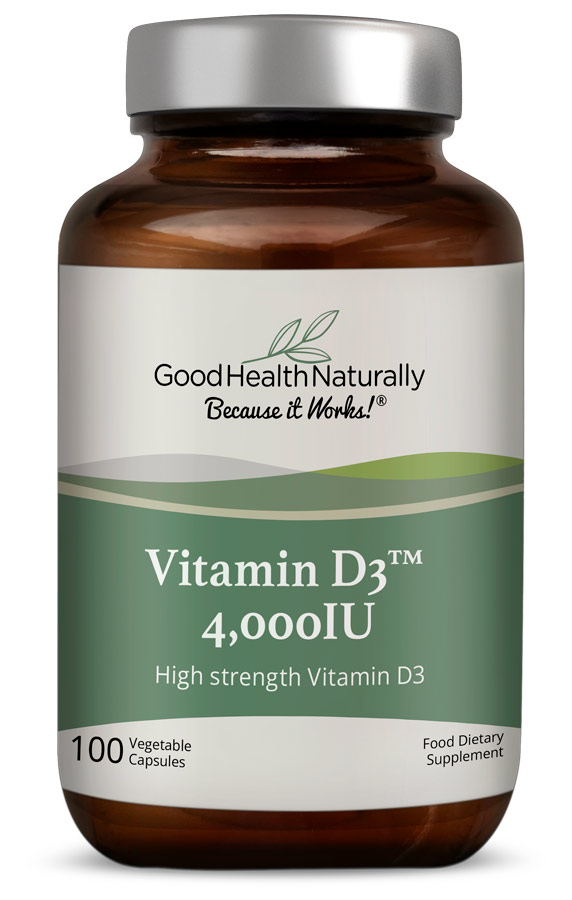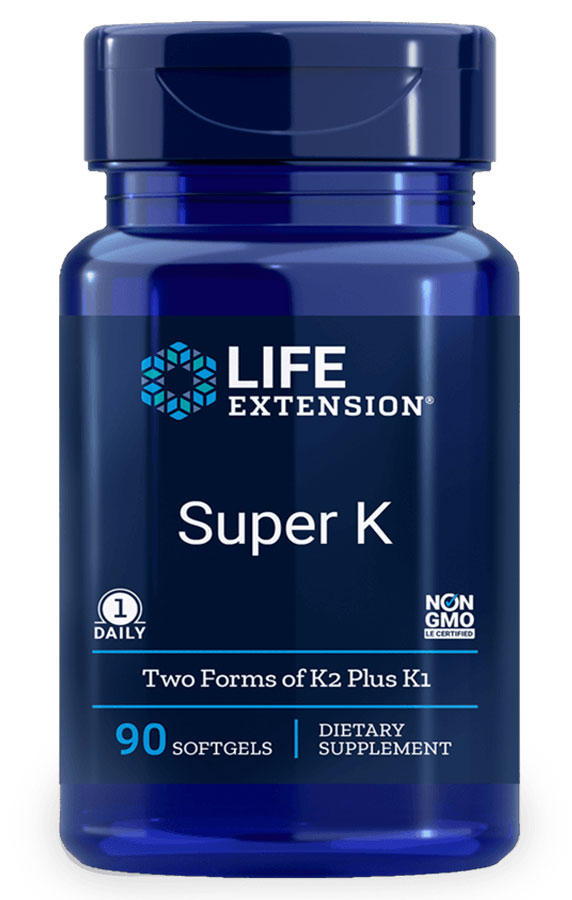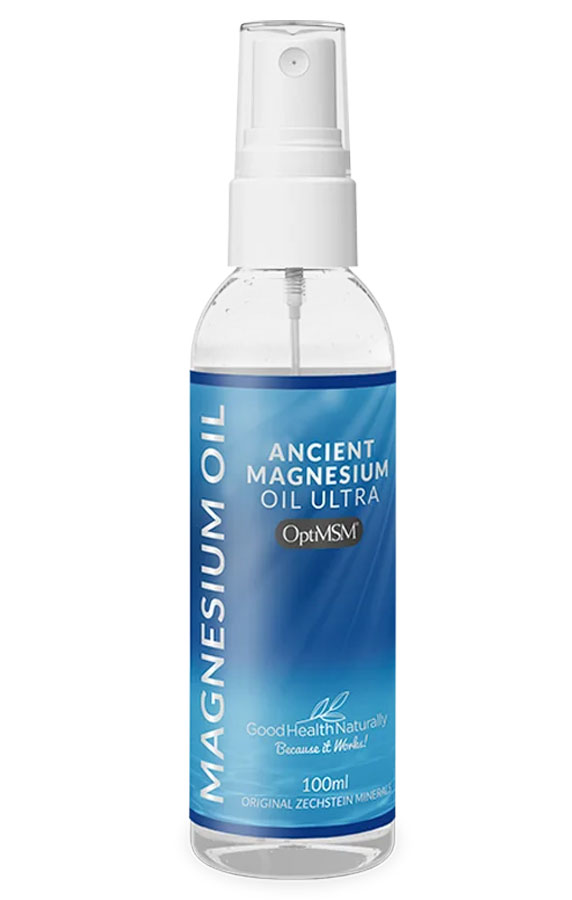Firstly, we’d like to extend a warm thank you to Anne Redfern for her heartwarming update last week on the newest addition to her family—her adorable pet dog, Ronnie! It was wonderful news, and we’re thrilled to share the excitement of welcoming Ronnie. Pets bring such unique happiness and companionship that truly enrich our lives.
Now, shifting our focus from the heartwarming to the heart-healthy, this week we’re diving into an important topic that affects many of us: calcium supplementation. While calcium is crucial for maintaining strong bones and teeth, there are growing concerns about the safety and efficacy of calcium supplements. Let’s explore the potential dangers of inorganic calcium supplementation and understand why obtaining calcium from food sources might be the best choice for our health.
The Dangers of Calcium Supplementation: What You Need to Know
Calcium has long been championed as a critical nutrient for maintaining strong bones and teeth, leading many people to turn to calcium supplements as a convenient solution. However, recent research and emerging evidence suggest that this practice might not be as beneficial or safe as previously thought. In fact, inorganic calcium supplementation could be doing more harm than good.
The Dark Side of Inorganic Calcium
Calcium supplements, especially those made from inorganic sources such as calcium carbonate, have become a staple in many households. While these supplements are widely available and often prescribed to prevent osteoporosis, studies are beginning to reveal a darker side.
One major concern is that inorganic calcium can accumulate in the body’s soft tissues, including arteries, leading to calcification. This buildup can increase the risk of cardiovascular diseases (CVD), such as heart attacks and strokes. The inorganic nature of these supplements means they are not as readily absorbed by the body as calcium from natural food sources, leading to potential health risks.
Linking Calcium Supplements to Cardiovascular Disease
Research has increasingly shown a link between calcium supplementation and an elevated risk of cardiovascular problems. A study published in the British Medical Journal highlighted that people taking calcium supplements had a higher incidence of heart attacks compared to those who did not supplement with calcium. The researchers suggested that the calcium from supplements might contribute to the hardening of the arteries, a precursor to many heart conditions.
Another study in the Journal of the American Heart Association echoed these findings, showing that excessive calcium intake from supplements could lead to a greater risk of developing coronary artery disease. The study found that people who consumed high doses of calcium supplements had a 22% increased risk of developing heart disease compared to those who didn’t take supplements.
These studies underline the importance of re-evaluating the safety of calcium supplements, especially given their widespread use among populations most vulnerable to cardiovascular issues, such as older adults.
Why Food Sources of Calcium Are Superior
Given the potential risks associated with calcium supplements, focusing on obtaining calcium from food sources is crucial. The body is much more adept at absorbing and utilising calcium from foods, which come with a host of other nutrients that support overall health.
Leafy green vegetables are among the best sources of natural calcium. Foods such as kale, broccoli, and bok choy not only provide calcium but also offer vitamins, minerals, and phytonutrients that are beneficial for bone health and overall well-being. Additionally, these vegetables have lower oxalate levels than spinach, making their calcium more bioavailable.
However, leafy greens are not the only way to boost your calcium intake through your diet.
Here are several other food sources rich in calcium:
Dairy Products: Traditional dairy products like milk, cheese, and yoghurt are well-known for their high calcium content.
Fortified Plant-Based Milks: Plant-based milks, such as almond, soy, and oat milk, are often fortified with calcium and vitamin D. These can be a good alternative for lactose-intolerant people or those who prefer a vegan diet.
Tofu and Tempeh: Soy-based products like tofu and tempeh are not only high in calcium but also provide a good amount of protein.
Nuts and Seeds: Almonds, sesame seeds, and chia seeds are excellent sources of calcium. A handful of almonds makes a great snack, while sesame seeds can be added to salads, stir-fries, or baked goods. You can also add chia seeds to smoothies, oatmeal, or yoghurt.
Beans and Lentils: Beans, lentils, and peas are rich in calcium and provide fibre and protein. You can add varieties such as white beans, chickpeas, and black-eyed peas to soups, stews, and salads.
Fish: Certain types of fish, particularly those with edible bones, such as sardines and canned salmon, are rich in calcium. Incorporating these into your diet can significantly boost your calcium intake while also providing omega-3 fatty acids and protein.
Fruits: While fruits are not typically high in calcium, certain varieties provide a modest amount. Oranges, figs, plums and dried apricots are good examples.
Vegetables: Besides leafy greens, other vegetables like okra, butternut squash, and sweet potatoes contain calcium. Incorporating a variety of vegetables into your meals ensures a diverse intake of nutrients.
Grains: Some grains, like quinoa and buckwheat, provide calcium. Some grain-based foods also contain added calcium.
Herbs and Spices: Certain herbs and spices, such as thyme, dill, and basil, contain small amounts of calcium. While they may not contribute large quantities, they can add a bit of extra calcium to your diet when used frequently in cooking.
Focusing on these diverse food sources helps meet your calcium needs and ensures you’re receiving a wide range of nutrients that support overall health. By emphasising a balanced diet rich in natural calcium sources, you can enhance your bone health and reduce the potential risks associated with calcium supplementation.
The Role of Co-factors in Calcium Absorption
While calcium is vital, it does not work alone. Specific co-factors, including vitamin K2, magnesium, and vitamin D3, are essential for optimal calcium absorption and utilisation.
Vitamin K2: This vitamin plays a critical role in directing calcium to the right places in the body, such as the bones and teeth, and preventing it from depositing in the arteries and soft tissues. Without adequate K2, calcium might contribute to artery calcification, increasing cardiovascular risk.
Magnesium: Magnesium is essential for converting vitamin D into its active form, which helps calcium absorption. It also helps regulate calcium transport and plays a role in bone formation.
Vitamin D3: This vitamin is crucial for calcium absorption in the gut. Without sufficient vitamin D3, the body cannot effectively absorb calcium, regardless of the source.
If You Must Supplement: Choosing the Best Forms
If dietary sources alone are insufficient and you need to supplement with calcium, it’s essential to choose the best forms of calcium supplements. The more bioavailable forms, such as calcium citrate and calcium malate, are generally recommended over calcium carbonate, as they are better absorbed and less likely to cause gastrointestinal discomfort. These forms are also less likely to contribute to the calcification issues associated with calcium carbonate.
Another excellent option is coral calcium from above-sea coral, which is a sustainable and natural source. Coral calcium is better absorbed by the body and comes with additional trace minerals that support overall health.
However, even with these better forms of calcium, it is crucial to ensure you’re also getting adequate amounts of the essential co-factors—Vitamin K2, Magnesium, and Vitamin D3. Without these, even high-quality calcium supplements can pose health risks.
Making the Switch
If you’ve been relying on calcium supplements, consider transitioning to a diet rich in natural calcium sources. Here are a few tips to get you started:
Incorporate Leafy Greens: Add a serving of leafy greens to your daily meals. Whether it’s a side salad, a green smoothie, or sautéed greens, these vegetables can significantly boost your calcium intake.
Diversify Your Diet: Include a variety of calcium-rich foods in your diet to cover your nutritional bases. This not only helps with calcium intake but also ensures you’re getting a broad spectrum of nutrients.
Don’t Forget the Co-factors: Ensure your diet includes sources of Vitamin K2, Magnesium, and Vitamin D3. Fermented soy (natto), leafy greens, nuts, seeds, and adequate sun exposure or fortified foods can help the intake of these essential nutrients. You can also supplement where dietary or natural sources may be low.
In Conclusion
While calcium is undoubtedly important for bone health, the source of this vital mineral matters greatly. The potential risks associated with calcium supplements, particularly inorganic forms, highlight the importance of obtaining calcium from natural food sources. By focusing on a balanced diet rich in leafy green vegetables and other calcium-rich foods and ensuring you get the necessary co-factors like Vitamin K2, Magnesium, and Vitamin D3, you can more safely and effectively support your bone health and overall wellness.
Recommended products:
|
Vitamin D3/K2 Spray |
Vitamin D3 4000IU |
Super K |
Ancient Magnesium® Oil 100ml |
 |
 |
 |
 |




